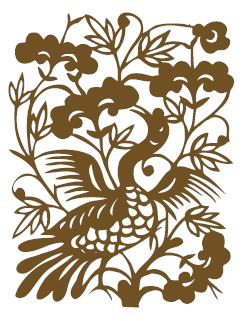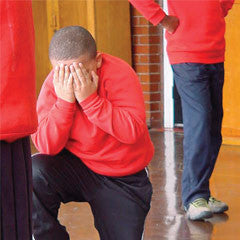
Circo fantastico!
£14.95
This scheme of work takes students on a magical tour in the company of one of the most influential circus directors of the 19th-century: Giuseppe Chiarini.
Embarking on the journey as members of the Royal Italian Circus, the students will create and develop their characters using various characterisation techniques and become circus experts with a specialism of their choosing. They will also explore a number of key themes, as outlined in the Learning Objectives.
Using Mantle of the Expert (MoE) as a means to empower students and place them at the centre of the learning, selected resources to provide impetus or pretext, and Teacher-in-Role (TiR) or character narration to add depth and tension to the imagined enterprise, this scheme of work blends historical references to this cherished form of entertainment with a fictional storyline and as such provides flexibility to adopt alternative themes, if desired.
Learning objectives
By the end of the scheme, students will have been immersed in a story about one of the greatest circus shows in history. With MoE at its core, the scheme develops participants’ skills in storytelling and creative writing. Using a number of stimuli (included as appendices) and a number of drama techniques, the scheme encourages critical thinking around the key themes of devotion, teamwork, tradition, family and the importance of the arts and entertainment in society.
There is also scope to integrate historical themes because of the time period outlined, geographical themes as a result of the circus’s nomadic nature, and even language skills (especially Italian) as the circus employs international talents.
Over the course of six one-hour sessions, participants develop skills using tableaux (or freeze frames), essence machine, improvisation, physical theatre, soundscaping, small- and whole group work, and hot seating, in addition to participation with Teacher-in-Role. The scheme also encourages students’ development of enquiry, creativity, negotiation, empathy, reflection, problem solving and group discussion as they explore the key questions/themes in each session.
Number of lessons: 6
Embarking on the journey as members of the Royal Italian Circus, the students will create and develop their characters using various characterisation techniques and become circus experts with a specialism of their choosing. They will also explore a number of key themes, as outlined in the Learning Objectives.
Using Mantle of the Expert (MoE) as a means to empower students and place them at the centre of the learning, selected resources to provide impetus or pretext, and Teacher-in-Role (TiR) or character narration to add depth and tension to the imagined enterprise, this scheme of work blends historical references to this cherished form of entertainment with a fictional storyline and as such provides flexibility to adopt alternative themes, if desired.
Learning objectives
By the end of the scheme, students will have been immersed in a story about one of the greatest circus shows in history. With MoE at its core, the scheme develops participants’ skills in storytelling and creative writing. Using a number of stimuli (included as appendices) and a number of drama techniques, the scheme encourages critical thinking around the key themes of devotion, teamwork, tradition, family and the importance of the arts and entertainment in society.
There is also scope to integrate historical themes because of the time period outlined, geographical themes as a result of the circus’s nomadic nature, and even language skills (especially Italian) as the circus employs international talents.
Over the course of six one-hour sessions, participants develop skills using tableaux (or freeze frames), essence machine, improvisation, physical theatre, soundscaping, small- and whole group work, and hot seating, in addition to participation with Teacher-in-Role. The scheme also encourages students’ development of enquiry, creativity, negotiation, empathy, reflection, problem solving and group discussion as they explore the key questions/themes in each session.
Number of lessons: 6




